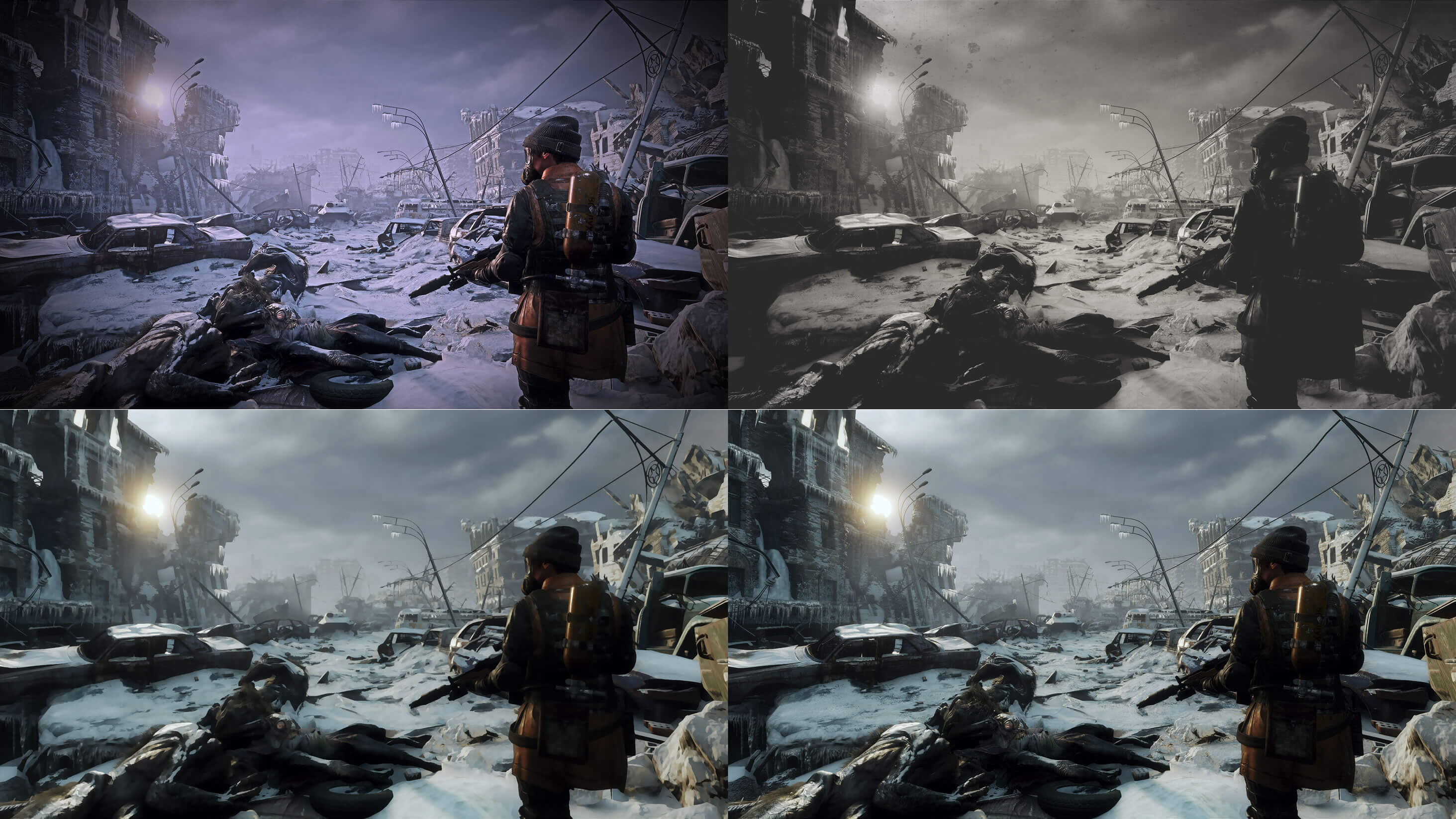I recently decided to update my very old 24" 1080p@60Hz TN monitor to a more modern option, and I thought it'd be easy to choose one.
But it's actually not as simple as I thought, as there are too main options out there, 1080p@240Hz and 1440p@144Hz, with both pros and cons.
So I decided to to this thread to both ask you guys what you think, and possibly help other people facing the same choice.
I know the question has been already asked, but I feel like not every aspect has been summarized like this.
Here are the pros and cons of each solution I could find by reading various info on them;
1080p@240Hz
Pros:
1440@144Hz
Pros:
Now for my personal config, I have an i7 4770K with a 1060 6GB and 32GB of ram, and I'm not playing competitive games nor the most recent and more demanding games.
But I do want to upgrade for a 27" if possible.
So it leaves me wondering which solution would be the best.
But it's actually not as simple as I thought, as there are too main options out there, 1080p@240Hz and 1440p@144Hz, with both pros and cons.
So I decided to to this thread to both ask you guys what you think, and possibly help other people facing the same choice.
I know the question has been already asked, but I feel like not every aspect has been summarized like this.
Here are the pros and cons of each solution I could find by reading various info on them;
1080p@240Hz
Pros:
- Smoother and lower latency at 240Hz
- Better for competitive gaming
- 1080p locked content will obviously look better on it
- More suitable for ~24" monitors
- 1080p works better on lower end pc, especially if not using full 240Hz
- Less ghosting at 240Hz, and even less with BFI
- Supposedly works better to emulate the CRT smooth look and feel for old consoles and arcade emulators, thanks to the better BFI (see blurbusters posts about it)
- higher latency on 60fps@60Hz
- lower pixel density, so lower details
- less suitable for bigger ~27"monitors, pixel density isn't very good
- 240p/480i/480p contents have to use top and bottom black bars for integer scaling
1440@144Hz
Pros:
- Looks sharper and better
- Lower latency at 60fps@60Hz
- Suitable for bigger ~24" monitors
- 240p/480i/480p contents can be used in full height since they use integer scaling
- 1080p locked contents look worse, softer
- takes more power, not recommended for lower end pc
- has slightly higher latency than monitors running at 240Hz
Now for my personal config, I have an i7 4770K with a 1060 6GB and 32GB of ram, and I'm not playing competitive games nor the most recent and more demanding games.
But I do want to upgrade for a 27" if possible.
So it leaves me wondering which solution would be the best.




